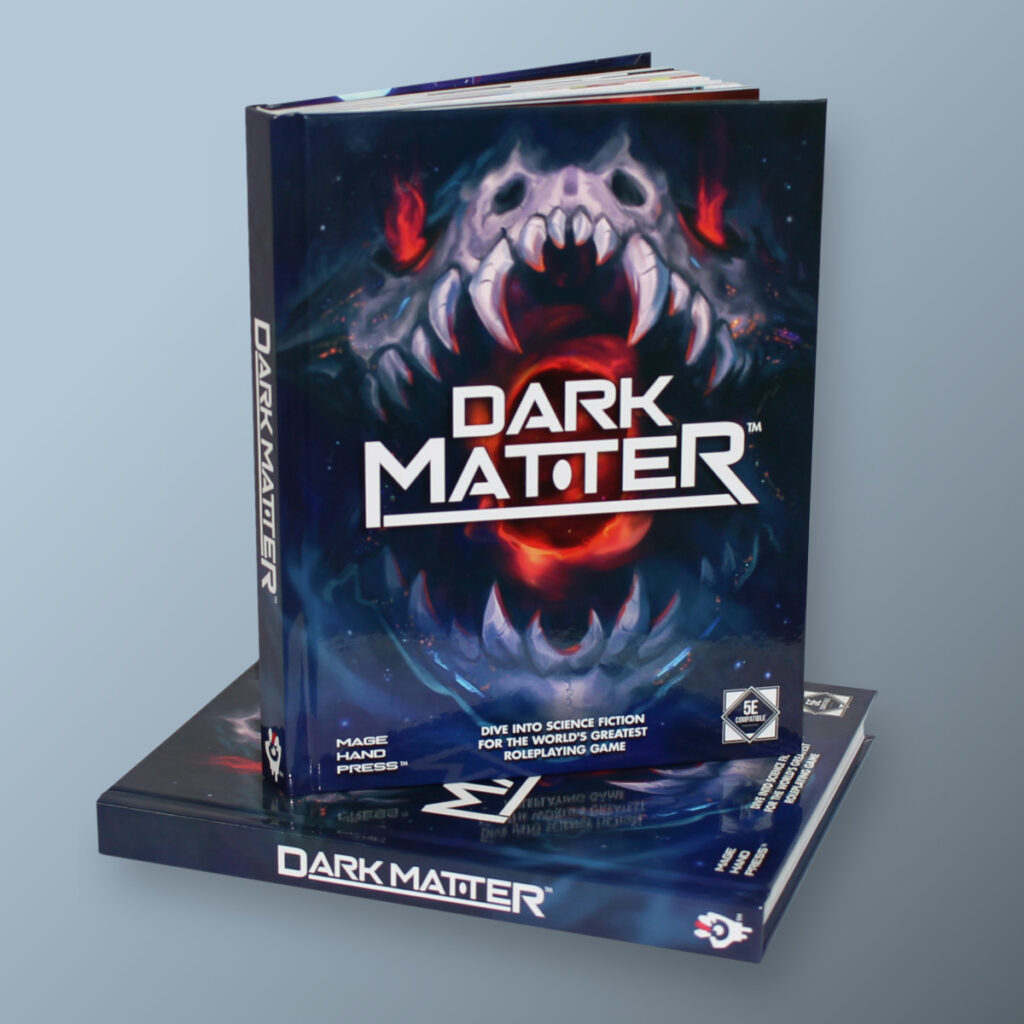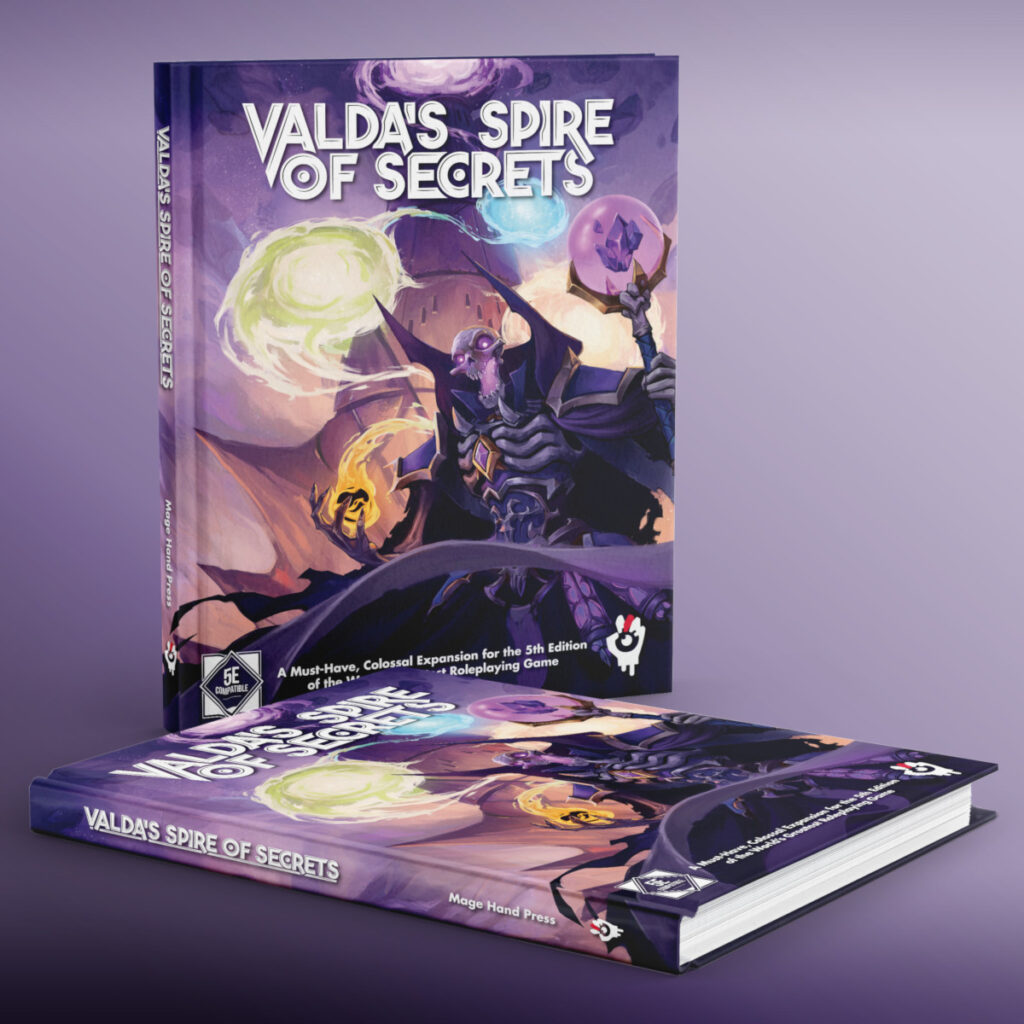People often ask, ‘How do I use homebrew in our game?’ Here’s a smattering of things to keep in mind if you plan to include homebrew options in an upcoming game.
Player Options
When a player approaches the Dungeon Master with a homebrew option in mind, in many ways, he is offering a trade: player investment for game complexity. If a player has their sights set on a character concept that can’t be replicated through the core game, asking them to play something else means compromising their vision of their character, and reduces their investment in the campaign as a result. On the other hand, allowing them to play using homebrew options maximizes their investment in their character and your campaign, but adds a small measure of complexity to your game, be it a single rule or an entire subsystem. It’s the Dungeon Master’s job to mediate this trade to maximize the fun for everyone. No one player should have too much power, nor should the game be too bloated for anyone to play.
Ultimately, how to make the decision of including a player option in your game is a matter of the Dungeon Master’s wisdom, and it is wise to respect that. If a player gets shot down for his character concept, it’s best if he or she tries to replicate it in core, skinning something similar and keeping the character’s theme intact, even if the mechanics don’t make perfect sense. Typically, this is a strong median choice, even if the player isn’t completely happy, as it doesn’t force the player to completely abandon their vision and use a different character. As a player, it’s important to remember that the DM has a lot on his plate, and that there are a thousand reasons that a character can fail to fit in a campaign.
Dungeon Master Options
Including Dungeon Master tools, like additional magic items, monsters, or NPCs, is a completely different matter. As long as the rules remain consistent once you introduce them into the game, difficulty remains reasonable, and people are having fun, go completely nuts. I have a hard time imagining a Dungeon Master that doesn’t use some measure of their own custom material to keep things interesting. Thinking on your feet is part of a Dungeon Master’s job, and using homebrew content allows you to put some of that thinking on someone else’s plate.
Also, using NPCs with homebrewed player options in your campaign gives the cautious Dungeon Master an excellent chance to test player options before allowing them freely. Not sure strong that base class or archetype is? Just try it out in a real game as a bad guy.
(In)consistent Themes
Maintaining a consistent theme in the game (high-fantasy, low-fantasy, magitech, whatever) matters way less than DMs think it does. Invested, interested players matter far, far more. For example, if a player has a character that is more in line with Eastern tradition (like a ninja or samurai), rather than Western medieval fantasy, it’s best to side with the player, and allow the character with an improvised explanation and some hand-waiving.
What to Include?
Typical procedure for including homebrew is simply to use it as an expanded list. At the character creation stage of a campaign, a Dungeon Master might allow Core + approved Class Pack 1 or Core + approved Giant in the Playground. It’s important to recognize that no expanded list should be without the word ‘approved.’ Homebrew content should pass through the Dungeon Master before it enters the game, but it’s not the DM’s prerogative to read every bit of it. By letting the players seek out and find interesting tidbits to incorporate into their characters, it gets them invested in the content on a roleplaying level, rather than a strictly mechanical one.
Another technique (less common in my experience,) is to just allow everything and balance the game on the fly. If a character is too powerful in combat, monsters will target the character more often and deal more damage on a hit. If a character has too many resources outside of combat, the world will conspire to ruin some of the character’s choices. Using this technique requires that the players and Dungeon Master be on the same page, and that no party is too concerned about hard, objective fairness. Certainly, it can work with the right gaming group.
Know When to Call It Out
If one of your player is using homebrew that optimizes beyond the level of the party, or is otherwise making the game unfun for the other players, it might be a good idea to pull that player aside after a game and explain the situation, and ask them to tone down their character or switch to a new build. Homebrew only makes sense if it’s making the game more fun for everyone, and it’s the DMs job to intervene if it’s not.
– – –
As always, if you have any questions, DMing-related or otherwise, feel free to contact us at middlefingerofvecna@gmail.com.



